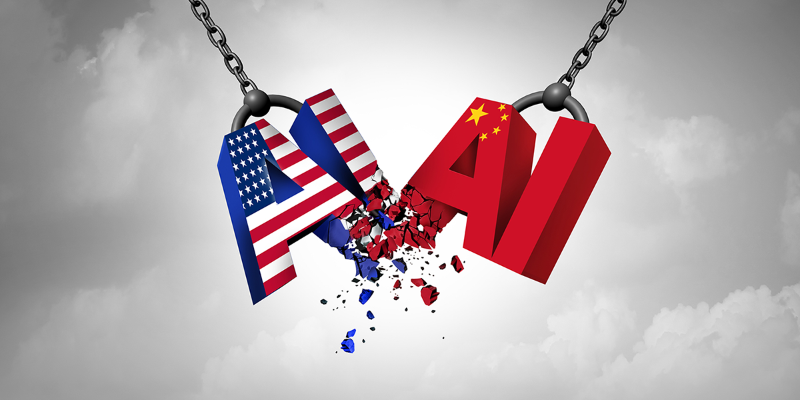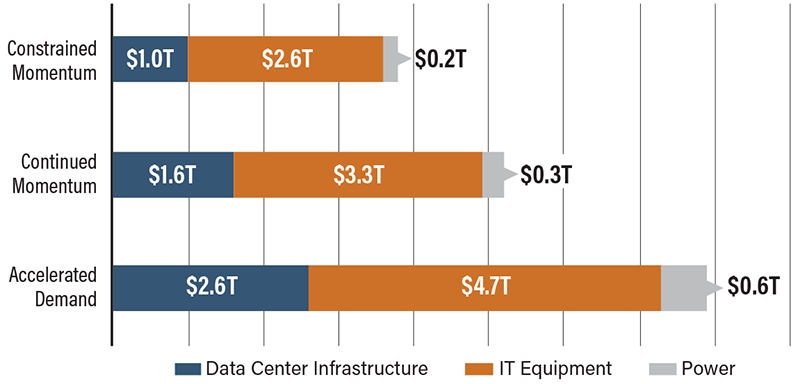The New Nuclear: AI’s Race for Power

They call artificial intelligence (AI) the nuclear of 2025. At first glance, the AI race looks like a competition for productivity, innovation and profit—a private-sector sprint toward a more efficient future. But beneath the headlines about soaring AI stocks and billion-dollar investments lies a deeper contest between two superpowers: the United States and China. It’s the oldest story in geopolitics—whoever masters the next transformative technology will shape the balance of global power.
It’s widely understood that nations with nuclear weapons are rarely attacked militarily—a principle known as nuclear deterrence. The only military use of these weapons, in August 1945, helped end World War II. America’s success in developing the bomb through the Manhattan Project owed much to many factors, but one of the least recognized was its vast energy capacity. Some enrichment facilities consumed more electricity than New York City, powered largely by the Tennessee Valley Authority’s hydroelectric network. By contrast, Germany’s fragmented, overextended power grid and chronic energy shortages made a comparable effort virtually impossible.
Eighty years later, the U.S. finds itself in another race to guard international security: dominating AI technology before China. Just as America’s vast energy capacity powered the uranium enrichment plants of the 1940s, today’s AI race is fueled by an equally critical resource: computing power. In the same way hydroelectric dams once enabled the Manhattan Project, the modern equivalents are sprawling data centers packed with high-performance GPUs, drawing enormous amounts of electricity to train and run advanced models. Nations and companies with access to cheap, abundant energy—and the infrastructure to harness it efficiently—now hold a decisive edge. The new arms race isn’t about splitting atoms, but about feeding algorithms. And once again, energy is the invisible force determining who leads and who follows.
In a race of transformative technology that impacts international security, “power” is double meaning—electricity to drive AI operations and the global influence derived from AI dominance. As AI becomes the defining force of modern security, one question remains: does the U.S. still have the power, in every sense of the word, to win this race?
2025-30 Projected Global Data Center Spending Driven by AI

SOURCE: McKinsey & Company.
